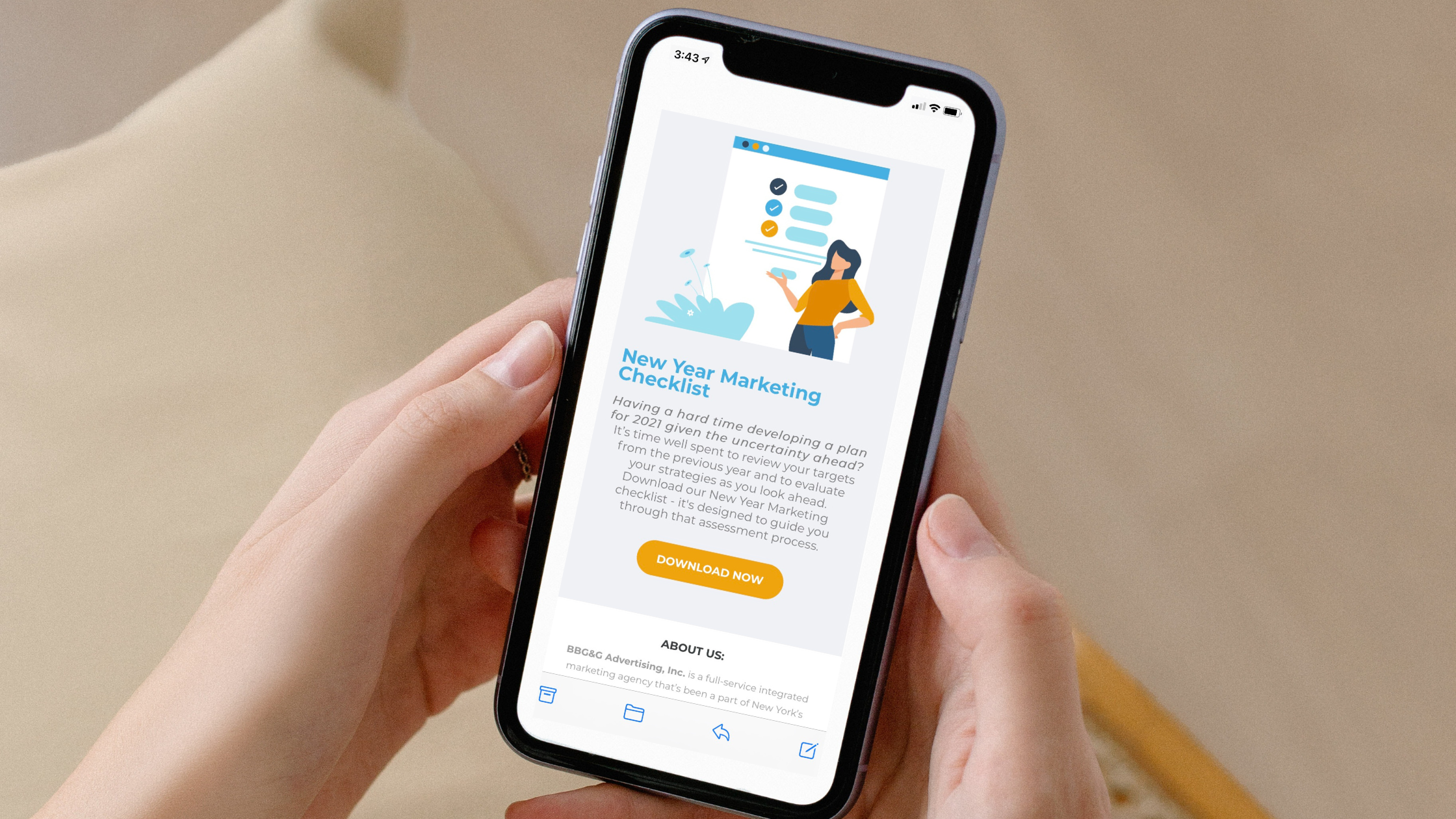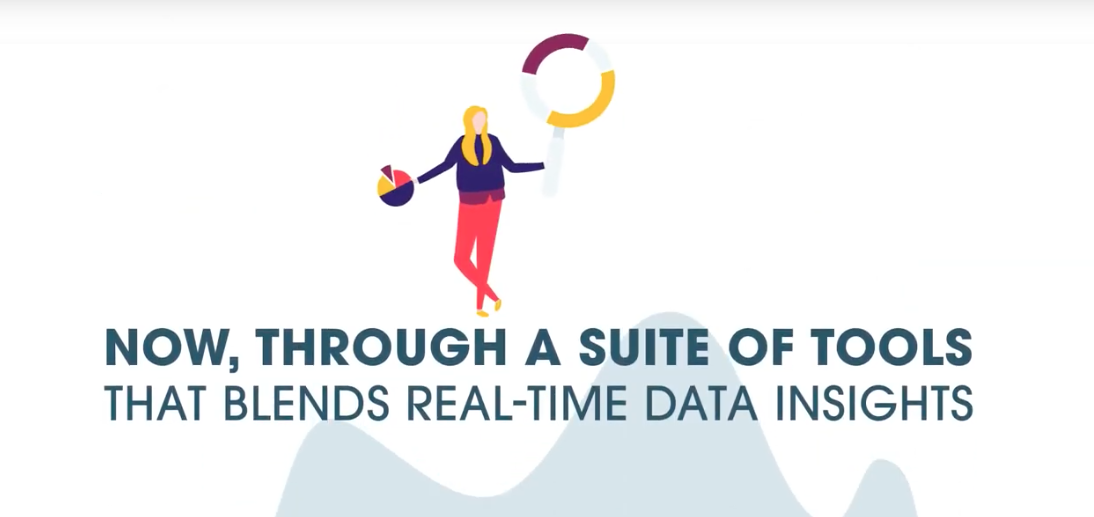How to Handle the Extinction of Third-Party Cookies

Third-party cookies are going the way of the dodo. What is a third-party cookie? Why should you care?
Third-party cookies track the domains that you visit in order to personalize the advertisements you see. Third-party cookies help marketers and advertisers develop ad strategies and audience targeting.
With third-party cookies on the way out due to new privacy laws, marketers are going to have to find other ways to provide personalized content to users to keep their attention and to keep them engaged.
Without third-party cookies, organizations and companies will have to rely on first-party data in order to obtain any information about the consumer. First-party data is essentially the data companies already have on their customers or leads within their databases, such as past purchases, location, age, gender, etc., and data customers continue to provide through their engagement with your brand.
Enter Marketing Automation. Marketing automation is a technology that manages marketing processes and campaigns across multiple channels, automatically, to support lead generation and nurture leads through the sales funnel. Marketing and sales departments use marketing automation to automate online marketing campaigns and sales activities to both increase revenue and maximize efficiency.
Marketing automation uses first-party data, rather than third, to deliver personalized content to leads, such as dynamic content on a website or in an email campaign, and cart abandonment campaigns to drive leads to purchase. It also gives companies the opportunity to create custom drip campaigns to nurture leads through the funnel.
Algorithms and privacy standards are constantly changing, so to rely on third-party data exclusively is counterproductive. Marketing automation allows companies to truly understand their audience and speak directly to them about things they care about.
Want to learn more about Marketing Automation? Check out these blog posts:




